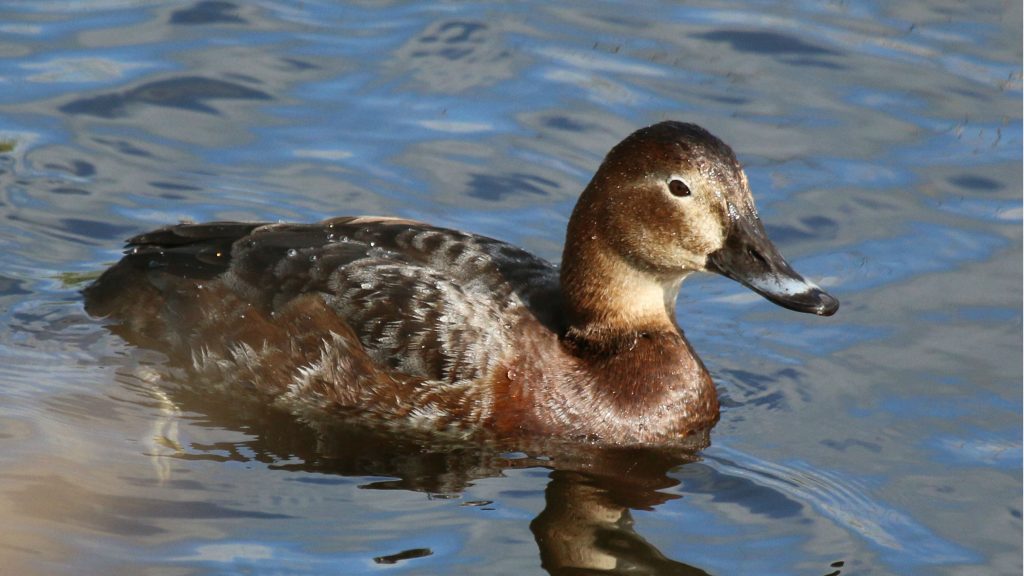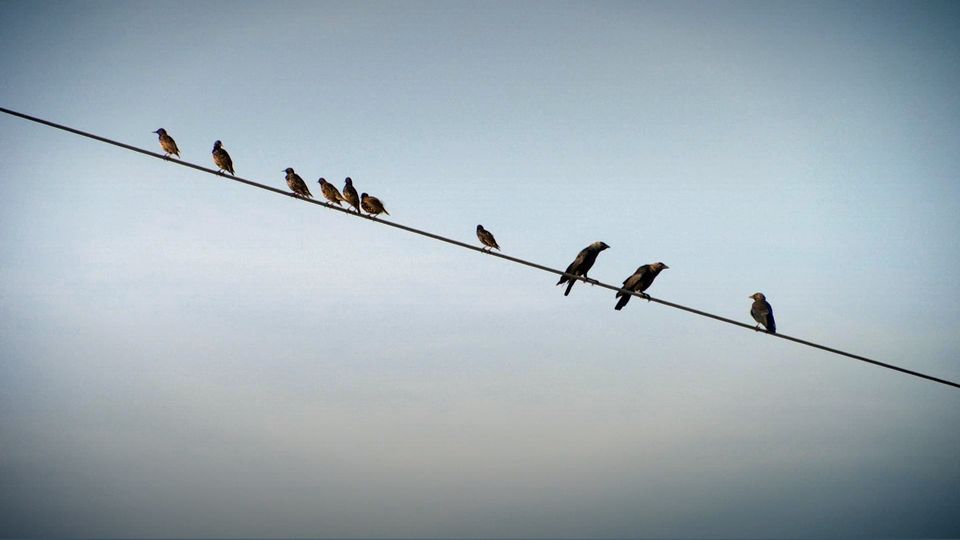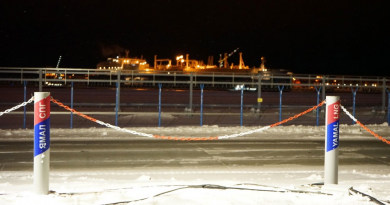Finland: hunting restricted for three duck species, but jackdaws now fair game

Finland’s Ministry of Agriculture and Forestry has banned the hunting of two types of diving duck for the next three years. Meanwhile another bird species is under the gun for the first time in a quarter-century.
Hunters will not be allowed to shoot red-breasted mergansers or common pochards due to low population numbers, the ministry said on Thursday.
Hunting of long-tailed ducks on inland waters will also be prohibited. In maritime districts, each hunter will be restricted to a maximum of five long-tailed ducks per day.
Birds suffer from retreating wetlands
Janne Pitkänen, a senior officer at the Ministry of Agriculture and Forestry, says that the restrictions have been imposed because stocks of these waterfowl have declined. For instance the pochard population has dropped in recent years due to changes in its habitat, including wetlands drying up and other areas becoming overgrown.
Census figures indicate that Finland’s common pochard population has dropped by nearly 80 percent since the late 1990s.
Pitkänen stresses that the hunting ban is just the first step in stemming the decline in waterfowl stocks. Most important is restoring the wetlands that are essential for their nesting. Ministry of Agriculture and Forestry promises to work together with the Environment Ministry toward this end.
“Action is needed both within and outside of conservation areas”, Pitkänen says.
Jackdaws now in hunters’ sights
Meanwhile another bird species is under the gun for the first time in a quarter-century. Jackdaws lost their protected status on 1 August. However experts say that hunting these intelligent grey-headed crows won’t be easy, as they will quickly realise when they are in danger.

“I think it will be relatively challenging,” says Mikael Luoma, Ostrobothnia district game manager at the Finnish Wildlife Agency.
“The jackdaw will rapidly learn that it is being hunted. It will become more cautious, making it more difficult to hunt,” he predicts.
Damage to farms and smaller birds’ nests
There are an estimated 110,000 nesting pairs of jackdaws in Finland. They are most common in southern Finland as well as southern Ostrobothnia (western Finland). There are large communities in Jalasjärvi, Kauhava and Seinäjoki, for instance.
“There are an estimated 10,000 jackdaws in central Seinäjoki,” Luoma says.
Authorities decided to revoke the species’ protected status due to significant population growth and increased damage attributed to the crows. This is mostly on farms, but the jackdaw is also known as a nest robber that destroys smaller birds’ nests. Luoma expects a lower jackdaw population to improve nesting conditions for other species.
Luoma points out that hunting of the birds is by permit only, and that they cannot be shot within 150 metres of any residence without specific permission from the landowner.
Related stories from around the North:
Canada: Western science, traditional knowledge combine in Northern Canadian fish monitoring project, CBC News
Finland: Hatchling numbers plummet for Finland’s golden eagle, Yle News
Iceland: Scientists puzzled by right whale’s appearance off Iceland, CBC News
Norway: Lower Barents Sea cod and haddock quotas, scientists advise, The Independent Barents Observer
Russia: Polar bears greatly exposed to toxic chemicals in eastern Barents Sea, The Independent Barents Observer
Sweden: Poachers suspected behind dwindling wolf numbers in Sweden, Radio Sweden
United States: Trump admin pushes for looser rules on predator hunting in Alaska, Alaska Public Media



